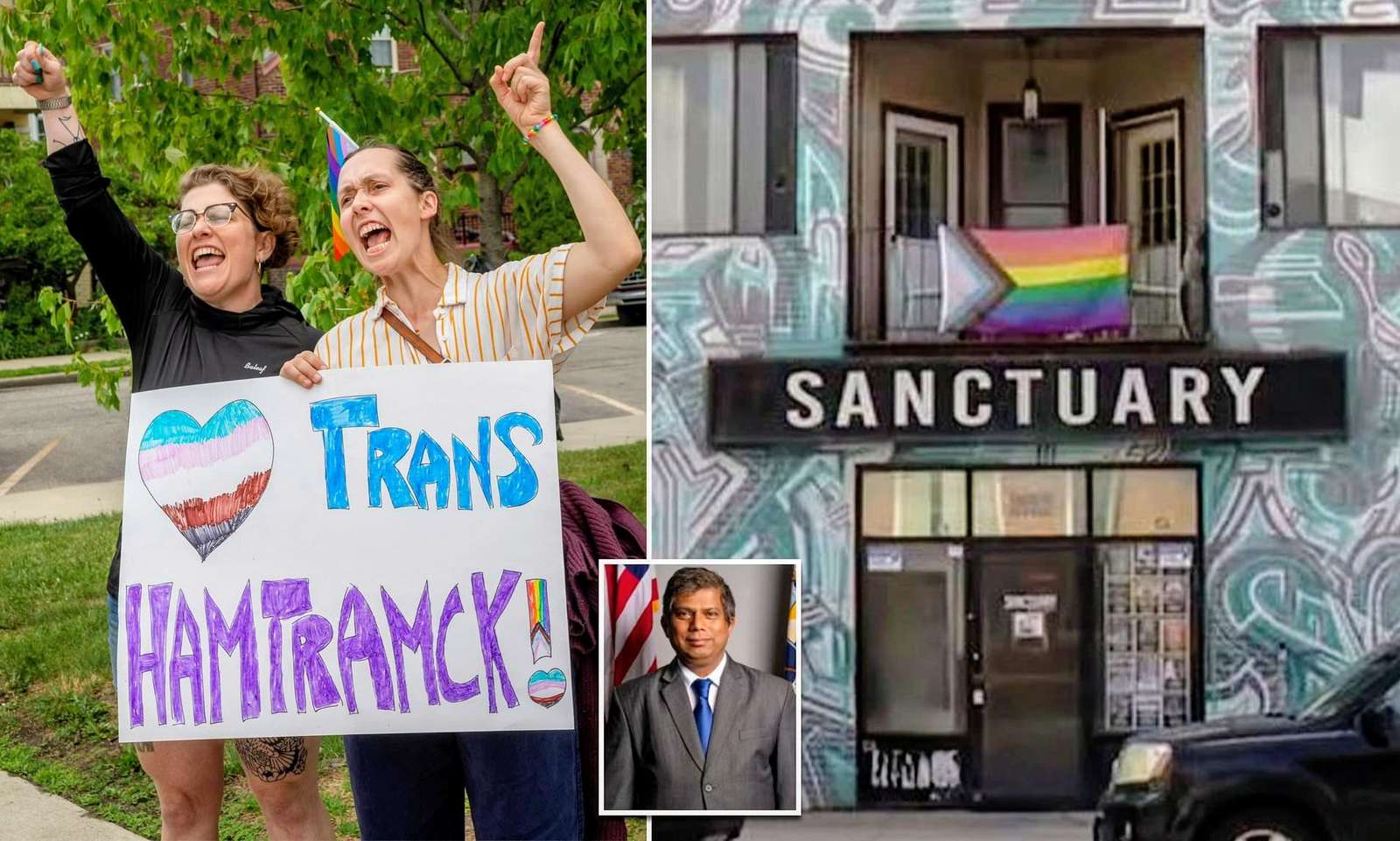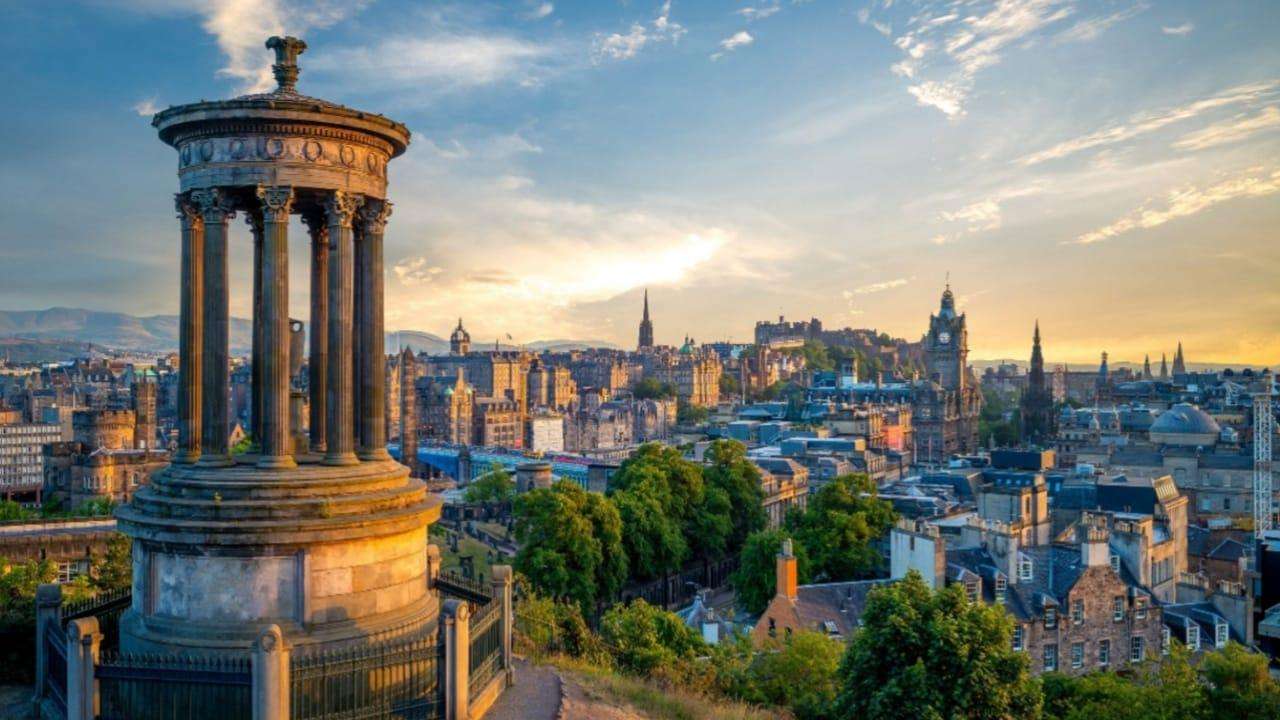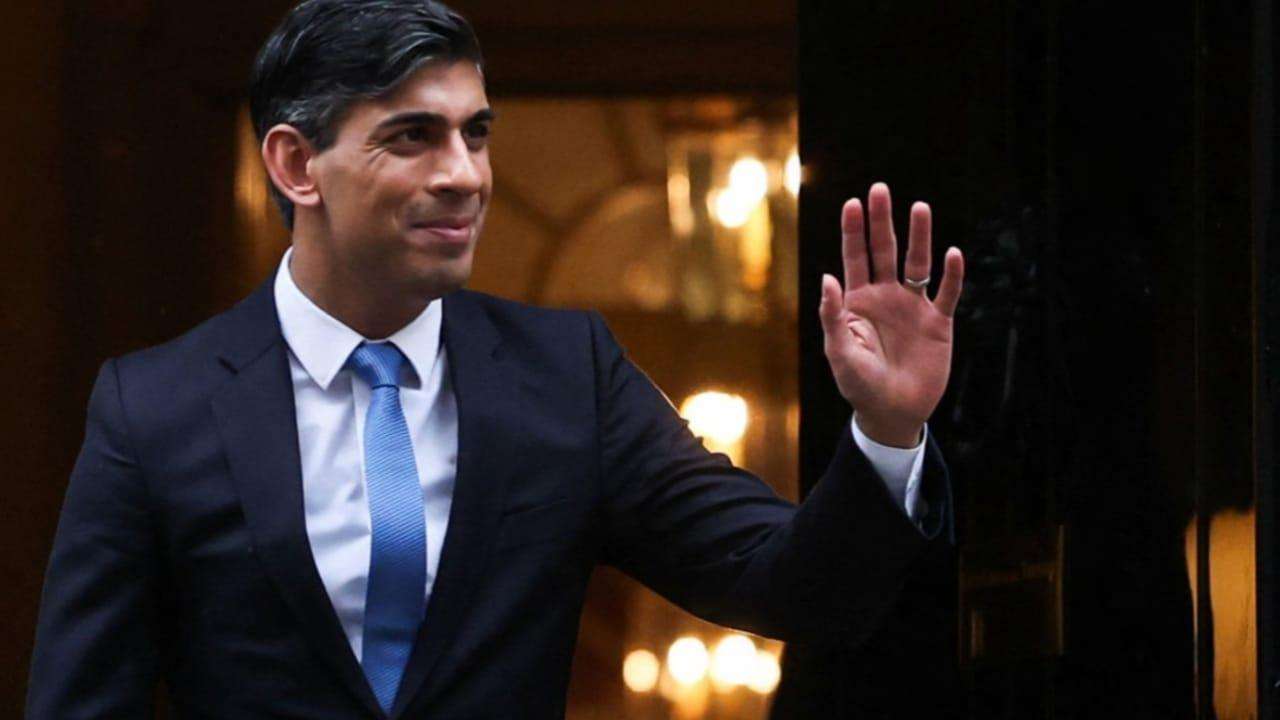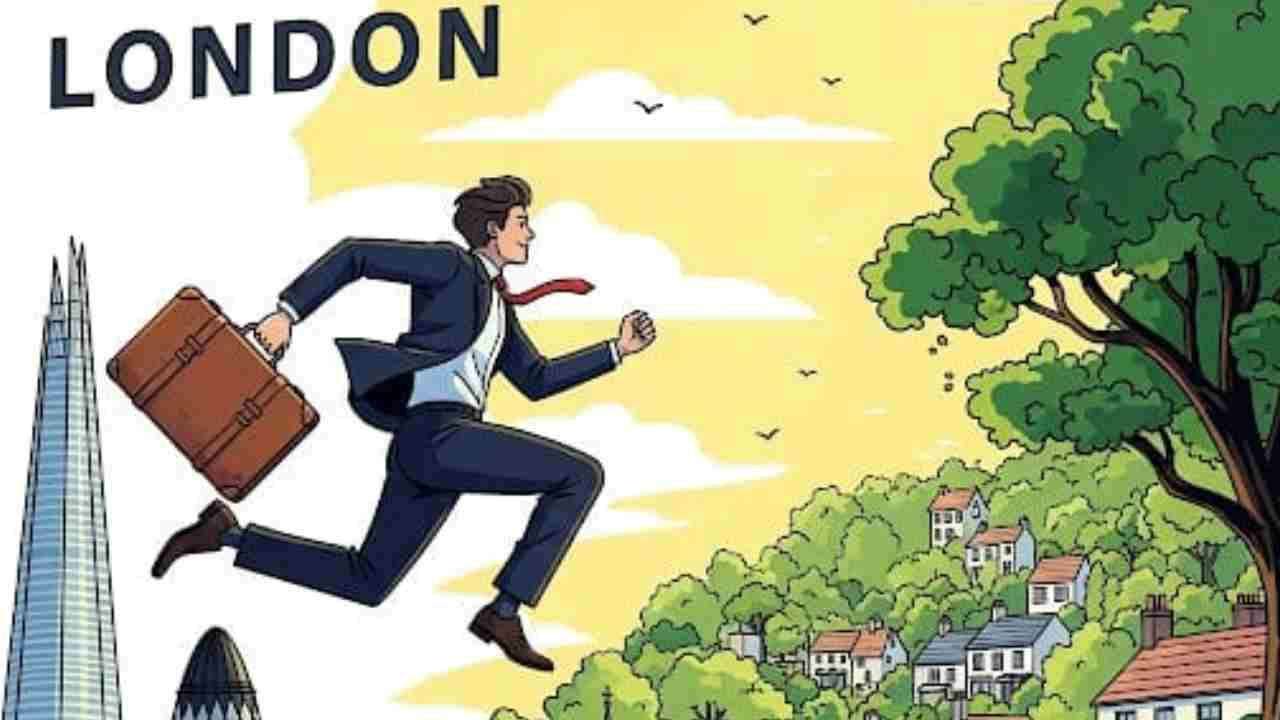The establishment of a tourist tax with the potential to raise up to £50 million annually was approved by Edinburgh council members.
This city will be the first in Scotland to impose a transitory visitor levy (TVL) on visitors, with the proceeds going toward capital improvements.
The fee, which is similar to those currently imposed in popular locations, includes self-catering lodging, motels, bed and breakfasts, and rooms and properties rented out via services like AirBnB.
Critics claimed it would discourage tourists from coming to the city and jeopardize Edinburgh's attractiveness as a travel destination.
The vote in favour of draft proposals took place at a meeting of the policy and sustainability committee.
A 12-week consultation period will be launched in the autumn, with residents asked whether the 5% charge tabled in the initial proposal should be higher or lower.
The Scottish Greens proposed raising the additional levy – which is planned to be brought in in time for the 2026 festival season – to 8%.
The charge will bring Edinburgh in line with cities including Amsterdam, Berlin and New York.
Funds generated from the tax would be used for the improvement of public spaces.
Council leader Cammy Day said £5m of that would be devoted to housing, with 35% going back into the arts sector.
The council's SNP group pushed for that sum to be increased to £20m, but their motion was defeated.
Mr Day said the charge would be of “huge benefit” to the city, adding he doubted the size of the charge would turn any potential visitors away.
He told BBC Radio's Good Morning Scotland: “It’s equivalent of a few pounds worth of a cup of coffee. The evidence that we’ve done and research from across the world shows a levy has no impact on tourism.
“People don’t come here to see the insides of hotel rooms, people come here to see the world heritage centre, the castle, the palace, the hills, the sea around the city, the amazing capital that we are.
“I can’t see a few pounds putting somebody off visiting the city. If you can afford to spend hundreds of pounds on a hotel room, you can afford a few pounds to support the city that you are visiting.”
Edinburgh introduced new regulations for AirBnB-style properties in October last year in an attempt to curb the expansion of short-term letting accommodation.
Hosts must licence their homes if renting them as a short-term let, or face a fine of up to £2,500.
The city council declared a housing emergency in November 2023 due to skyrocketing house prices and rental rates, coupled with a record number of people identifying as homeless.
Tourists contribute an estimated 5.3 million overnight stays to Edinburgh every year.
But already expensive room rates soar in price during the August festival season and concert-goers visiting Murrayfield for Taylor Swift’s trio of sold out shows earlier this year reported surging prices for single-night stays.
Leon Thompson, executive director of UK Hospitality Scotland, said an additional charge on top of that rate would be passed on to tourists.
He also said the increased administrative and implementation costs for businesses would be a further blow to those in the sector.
“Tourist taxes are not good for this country,” he said.
“We are already not a very competitive destination.
“We have the highest rate of VAT on hospitality in Europe and we also have outdated business rates which all add to the costs for businesses and obviously those costs are which go on to the visitor experience.”
Proposals for a tourist tax in Edinburgh were initially put forward in 2019.
However, legislation giving local authorities the power to apply the levy was not published until May 2023.
A final decision on the plans will be taken in January 2025, with the scheme fully implemented by July 2026.
A future phase of the measure may also see cruise ships included.
Manchester introduced a £1 per room, per night fee last year aimed at paying for measures to attract more tourists.
It was estimated to have raised about £2.8m in its first year.
John Lennon, director of the Moffat Centre for travel and tourism business development at Glasgow Caledonian University, said surcharges were not necessarily a barrier to tourists visiting major cities.
"Visitor charges are nothing new; they may be seen in places like Manchester, New York, and Amsterdam.
"Compared to New York, where the levy is 15%, Edinburgh's 5% seems like a very small amount."
"The size of the levy has not resulted in a decrease in visitors to those cities." In terms of pricing disruption, it will be little when we see parallels elsewhere.








.svg)




_2.jpg)
